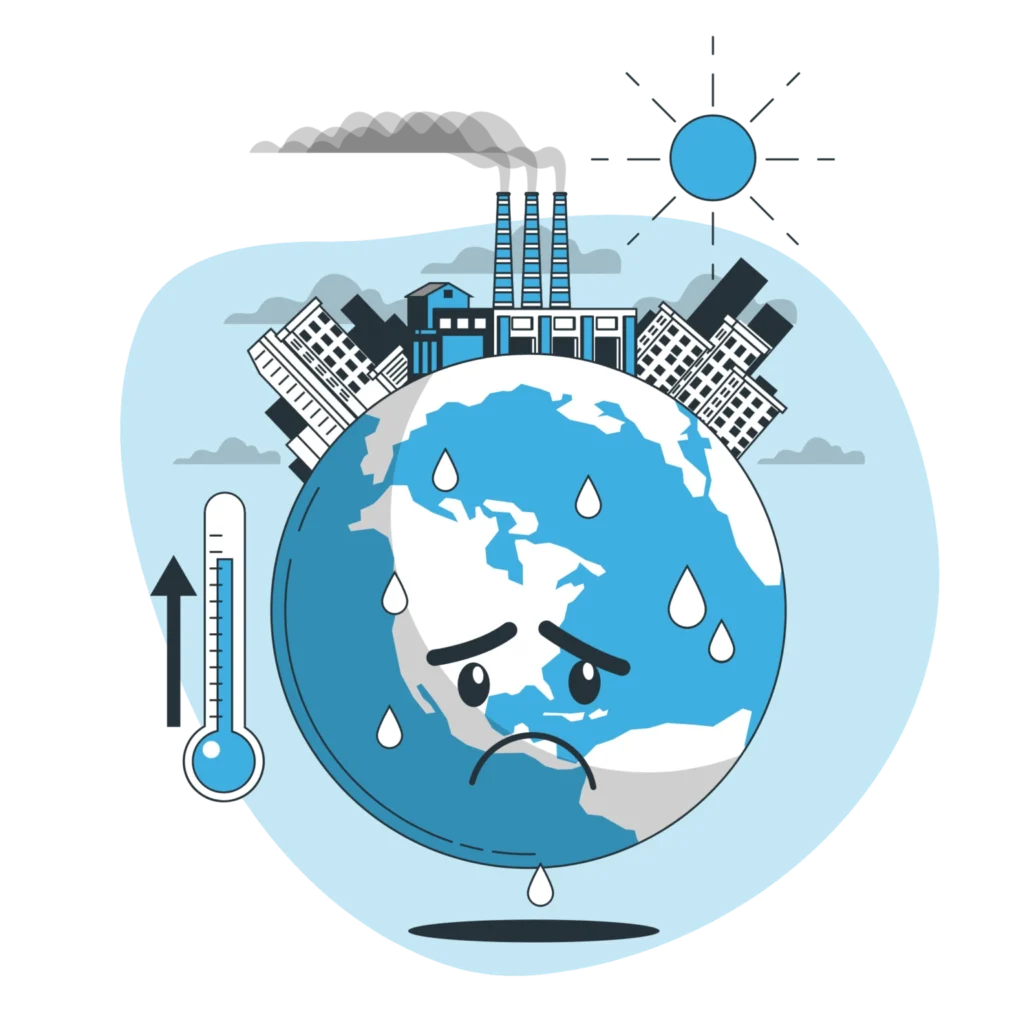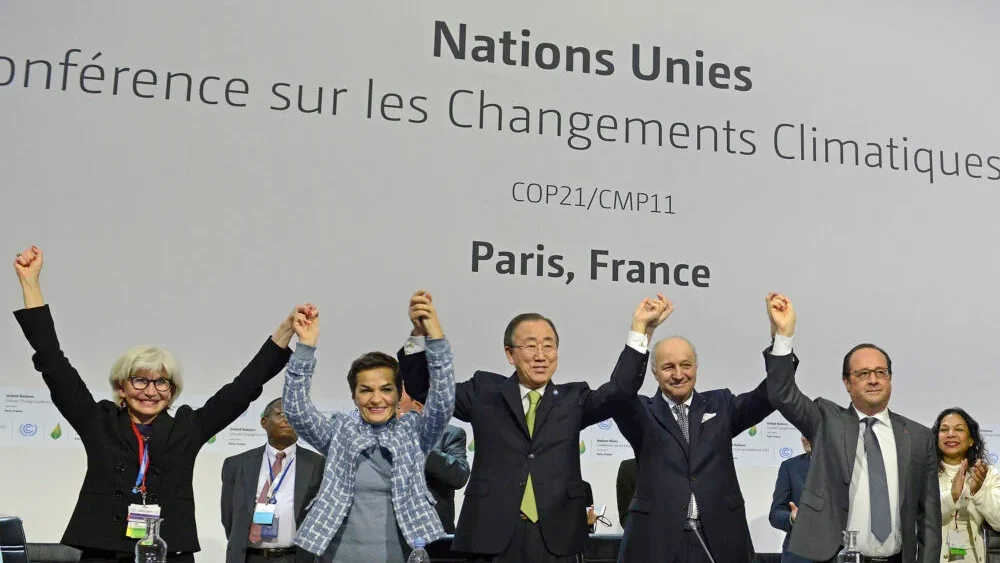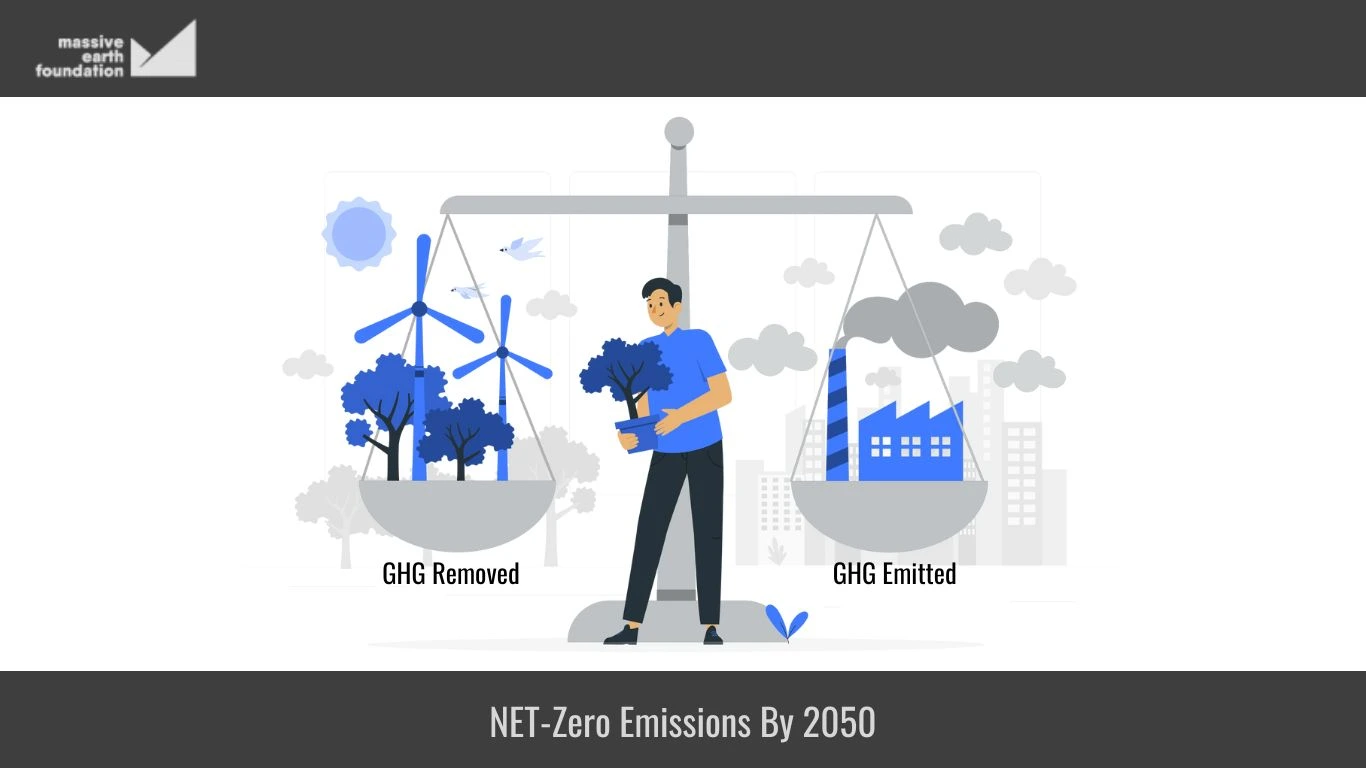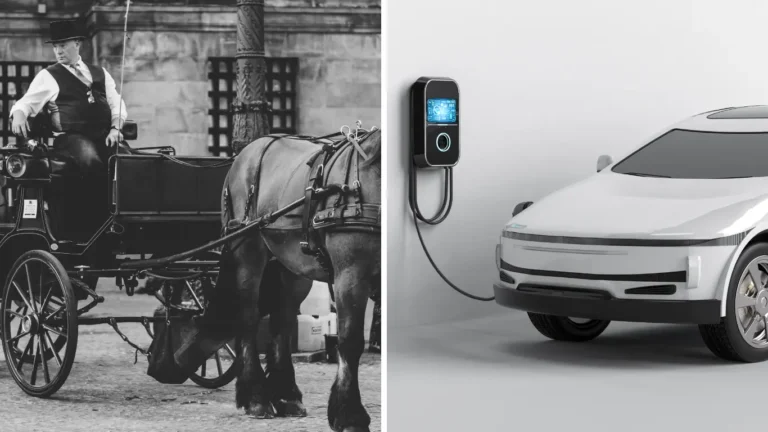Net-Zero
Net Zero is a process where the overall emission of greenhouse gasses like carbon dioxide & methane is negated by the reduction and elimination of the gasses from the environment.
The removal of GHGs from the environment is important because they are one of the primary causes of the increase in global temperature and climate change. Today, the whole world has become hotter thanks to all the GHGs that we humans have been releasing in the past.
Basically, our planet absorbs the heat it receives from the sun and radiates it back into outer space, resulting in a global cooldown; however, the molecules from all GHGs re-absorb this heat, preventing their release into outer space. Thus, they form a heat-trapping blanket over the planet, which results in hotter climates and an increase in global temperatures.

These greenhouse gasses (like carbon dioxide, methane, and nitrous oxide) come into the environment through various sources such as fossil fuels like oil, coal, or natural gas. These fossil fuels are made from carbons and were created millions of years ago when dead plants and animals in the soil got compressed and turned into oil and coal. When we dig them out from the ground and burn them, they release a lot of carbon and other gasses which remain in the environment for a long time.
Human beings have always produced greenhouse gasses for industrial, economic, and everyday activities, but the emissions have increased significantly since the Industrial Revolution in the 1850s. This has resulted in a catastrophic change in the climate prompting increase in global temperatures, rising sea levels, abnormal weather patterns, droughts, and various other drastic climate situations. If the temperature continues to rise, then it could trigger an unstoppable climate disaster bringing loss of life, economic misery, and severe setback to all humanity, life, and ecosystem. Thus, there is an urgent need to cut down the emission of these GHGs down to zero. The global goal to achieve this figure of zero by reduction and removal of all GHG is called Net-Zero.
The Origin of Net Zero
The term has gained popularity thanks to its adoption in global policies and public use, but its origin is in climate science.
The birth of the term can be traced back to the climate scientist ‘Myles Allen’ who published a paper highlighting the impact of cumulative emissions of CO2 on global warming. Later, other scientists like Susan Solomon and Damon Matthews built upon the idea showcasing how temperatures don’t decline for centuries even after complete cessations of CO2 emissions from the environment.
The idea of ‘Net-Zero’ gained widespread popularity after the Paris Agreement of 2015 that covered climate change mitigation and adaptation strategies. Since then, many nations have ‘pledged’ to achieve zero by 2030, 2050, or 2070, promising to cut down the emissions from various industries by adopting climate-friendly technologies and strategies.
The goal to achieve Net-Zero is a fundamental challenge for humanity as the reduction and elimination of GHGs can be crucial in mitigating climate change.

Current Status of Net-Zero
The intentions and pledges from all the nations to achieve Net-Zero are noble, but the past few years have been quite challenging and major transitions are yet to come. The global pandemic of COVID-19 in 2019 pushed all the nations to the brink of economic disaster and the recent conflicts in Russia-Ukraine along with Israel-Gaza conflict have put a strain on the goal to achieve Net-Zero by 2030. If the carbon emissions continue at their current rate, then the impact of climate change would be severe resulting in loss of human life, mass scale displacement, and economic disaster to the likes of the global pandemic.
The Way-Forward
Net-Zero is an ambitious goal but it is the only way forward. Rich countries with access to capital, resources, research labs, and talent stand at the privileged spot to develop novel climate technologies that help in the prevention and removal of GHGs from the environment. It demands a collaborative effort from all – government organizations, private markets, scientists, innovators, companies, and common people to help mitigate the climate change disaster. Achieving net zero demands a practical transformation in our daily lives, one that will transform everything: our lifestyle, working environment, cities, and industries.
The goal to achieve this net zero can also be an economic opportunity to develop zero-carbon companies and novel technologies that will be at the frontier of a climate revolution and would be responsible for driving away carbon emissions. Ultimately, it also holds the potential to move above boundaries and address the problem on a global level demanding involvement from all for a cause that will benefit everyone for ages to come.






